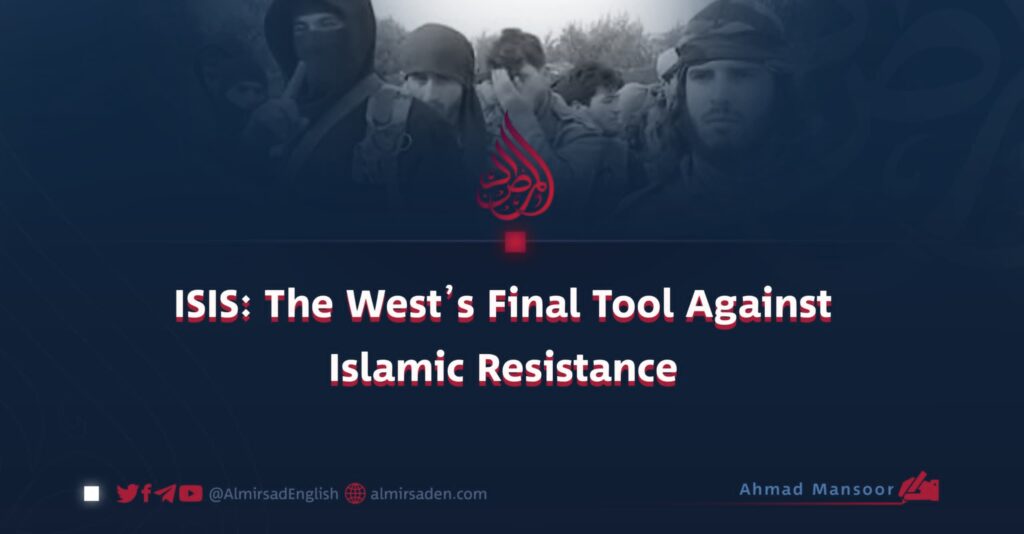Author: Ahmad Mansoor
If we discuss the reason behind the formation of ISIS, it is now evident that they emerged with the purpose of suppressing those jihadist movements in the Islamic world that rose against the invaders.
The world is well aware of where ISIS succeeded in achieving its goals and where it failed. The global fear of an Islamic system, and its unexpected enforcement in Afghanistan against their hopes, coupled with the sudden escape of those trained for the past twenty years, caused significant anxiety. On one hand, the Doha Agreement restrained the global powers, and on the other, no one in the region had the power to challenge the situation, which became unbearable for them.
They leveraged travel sanctions on certain leaders of the Islamic Emirate, economic sanctions, and banking restrictions as mechanisms to enforce their unlawful demands. However, the Emirate, with limited resources, initiated large projects and commenced the construction of dams. This step not only puzzled the global powers but also troubled the neighboring countries.
Subsequently, the Western countries intensified their sanctions, and the regional countries, under the directives of global powers, began to act in an attempt to create problems for the Islamic Emirate. They revived the defeated ISIS project, in which Pakistan and Tajikistan played significant roles. Pakistan attempted to bring the Emirate under its influence, as it had done with previous governments, but the Emirate’s independence turned Pakistan’s hopes into a devilish nightmare. According to reports, Pakistan established centers for ISIS in the tribal areas.
The Emirate’s determination to eliminate the ISIS-Kharijites, along with Pakistan’s internal economic and political challenges, made it difficult for Pakistan to invest in ISIS training as much as needed. However, this does not imply that Pakistan will cease creating problems.
Tajikistan was also pressured due to the Qosh Tepa project to support ISIS, and it was encouraged by other known countries in the region. Tajikistan was exposed when the Emirate’s intelligence agency arrested many ISIS members who held Tajik citizenship. Their confessions unveiled that Tajikistan had a hand in funding and equipping the project.
Although the global powers are now attempting to intimidate the Emirate with old tactics, those strategies have been tested, and the Emirate remains unfazed by them. ISIS may serve as a temporary propaganda tool, but the world and the region will not only fail to create a conducive environment for it but will also be disgraced. Insha’Allah.
